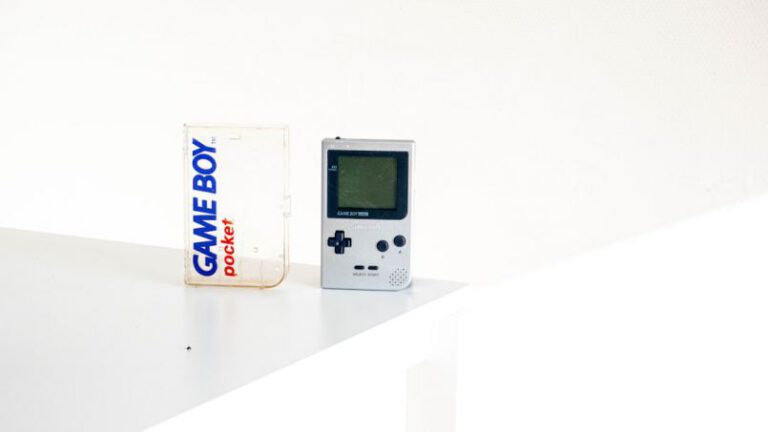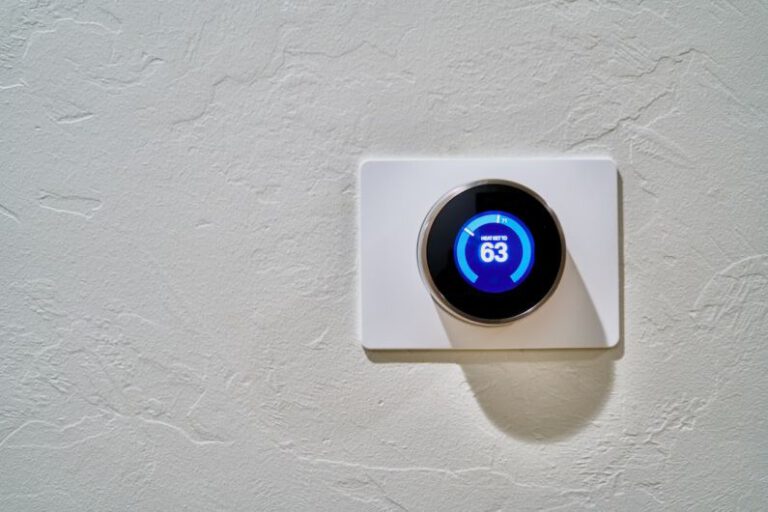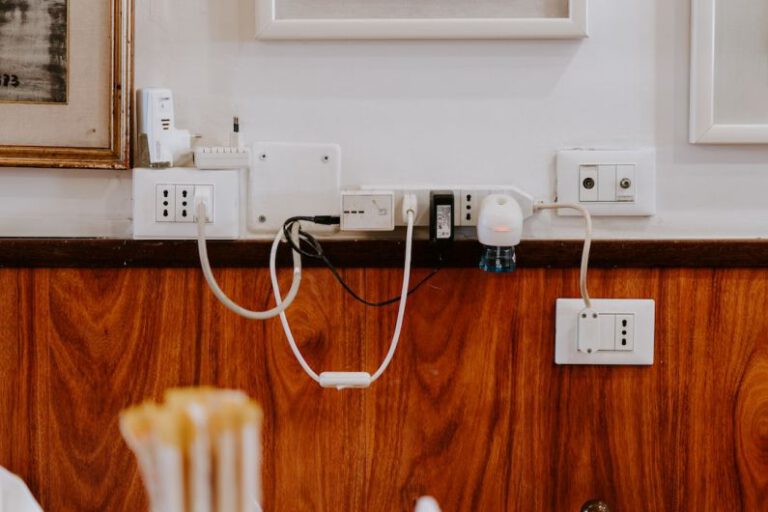Tips for Climate-controlled Storage of Electronics
When it comes to storing electronics, especially in areas with fluctuating temperatures and humidity levels, proper climate control is crucial. Whether you are storing your electronics for a short period or an extended duration, following these tips will help ensure their longevity and optimal performance.
Understanding the Importance of Climate Control
Electronics are sensitive to temperature and humidity fluctuations. Extreme heat or cold can damage delicate components, while high humidity levels can cause condensation and corrosion. Climate-controlled storage provides a stable environment, with controlled temperature and humidity levels, to protect your valuable electronics from these potential risks.
Choose the Right Storage Facility
When selecting a storage facility for your electronics, make sure to choose one that offers climate-controlled units. These units are equipped with HVAC systems, insulation, and dehumidifiers to maintain a stable environment for your electronics. Regular storage units may expose your electronics to temperature and humidity changes, increasing the risk of damage.
Prepare Your Electronics for Storage
Before storing your electronics, it is important to take some preparatory steps to ensure their safety. Start by cleaning them thoroughly using non-abrasive materials to remove any dust or debris. Disconnect all cables and accessories, and ensure that the devices are completely dry before placing them in storage. Remove any batteries to prevent leakage or corrosion.
Packaging and Protection
Proper packaging and protection are essential to safeguard your electronics during storage. Use anti-static bags or wrap your devices in bubble wrap to prevent static electricity buildup. This will help avoid potential damage to sensitive electronic components. Additionally, place your electronics in sturdy, sealed boxes to protect them from dust and moisture. Label each box with its contents for easy identification later.
Positioning and Organization
When storing your electronics, consider their positions carefully. Avoid placing them directly on the floor to prevent damage from potential leaks or floods. Instead, use shelves or pallets to keep them elevated and protected. Furthermore, organize your electronics in a way that allows easy access and prevents any unnecessary movement or stacking that could lead to accidental damage.
Maintain Temperature and Humidity Levels
Once your electronics are stored in a climate-controlled unit, it is important to maintain the desired temperature and humidity levels. Check the recommended storage conditions for each device and set the unit accordingly. Typically, a temperature range of 60-75°F (15-24°C) and a humidity level between 40-50% are considered ideal for electronics storage. Regularly monitor these levels using a hygrometer and make adjustments if necessary.
Security and Monitoring
Ensure that the storage facility has adequate security measures in place to protect your electronics from theft or unauthorized access. Additionally, consider investing in a monitoring system that can alert you to any changes in temperature or humidity levels. This will allow you to take immediate action if there are any deviations from the desired storage conditions.
Regular Check-ups and Maintenance
Even in a climate-controlled environment, it is important to periodically check on your stored electronics. Inspect them for any signs of damage, such as moisture buildup, rust, or pest infestations. If you notice any issues, take appropriate measures to address them promptly. Additionally, perform regular maintenance tasks, such as updating software, replacing batteries, and testing functionality, to ensure your electronics remain in good working condition.
Conclusion
Proper climate-controlled storage is essential for the protection and preservation of your electronics. By choosing the right storage facility, preparing your electronics adequately, and maintaining the desired temperature and humidity levels, you can ensure their longevity and optimal performance. Remember to regularly check and maintain your stored electronics to catch any potential issues early on. With these tips in mind, you can confidently store your electronics knowing they will be safe and ready for use when you need them.






